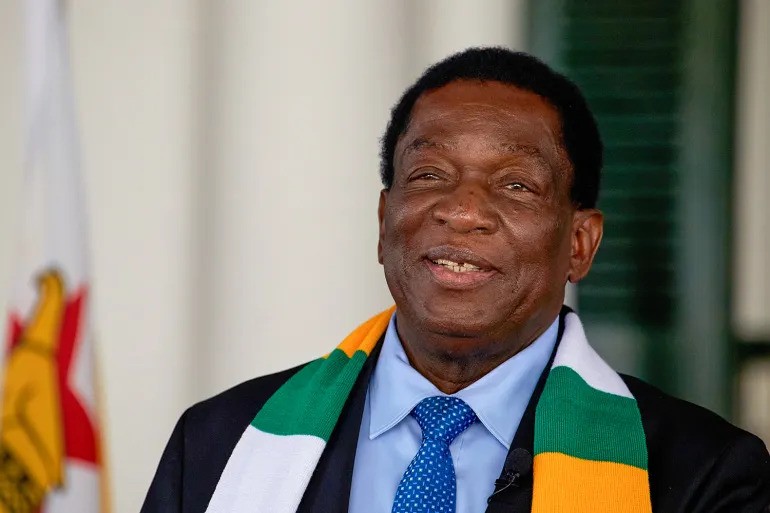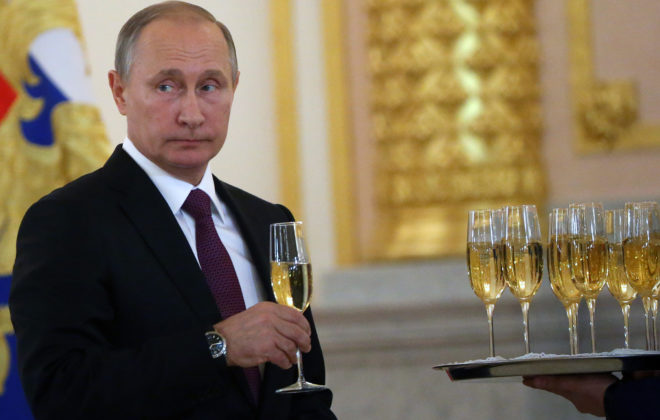Harare-Political analysts have slammed leader of newly-formed Zimbabwe People First (ZPF) Dr Joice Mujuru for denigrating ageing President Mugabe, saying her utterances were tantamount to attacking the electorate that voted him into office in the 2013 harmonised elections.
Pro-Zanu PF paper, The Herald on Monday published what it says is “tragic, sad, and embarrassing” quoting an analyst suggesting that Mujuru is an unrepentant character whose effort is aimed at pleasing the West.
Dr Mujuru who launched her political outfit last week Tuesday, said President Mugabe was “a living spirit” and she had no time to “destabilise” him in that form.
Joice Mujuru also claimed that Mugabe, 92, must have been “drunk” when he accused her of witchcraft and that he is a backward and power-hungry man who wants to take the nation down with him to his grave.
The former and long-standing deputy to Mugabe also said the increasingly-frail nonagenarian was fatally “indecisive” and in the bad habit of reneging on, and scuttling even those things that he would have initially agreed to.
The analysts said Dr Mujuru’s entry into opposition politics was a clear sign that she was a pawn of foreign interests seeking to perpetuate Western hegemony on the country’s economy.

Dr Mujuru was sacked from Zanu-PF and Government at the end of 2015 for corruption and plotting to topple President Mugabe. Apart from undermining the country’s sovereignty, her vision as ZPF president seeks to reverse all economic empowerment programmes being pursued by Zanu-PF.
She has pledged that Zimbabwe would rejoin the Commonwealth, reverse the indigenisation and economic empowerment programme and relook at the land reform. This, analysts said, vindicated revelations by whistleblower website Wikileaks that the former Vice President had always “puttered” with the country’s detractors.
“The people resoundingly spoke in their millions; voted for President Mugabe in 2013, gave him a five-year mandate and it is this which Mujuru is attacking,” said political analyst Mr Gabriel Chaibva.
“She is simply a bidder of the imperialistic efforts to undo Zanu-PF.” According to the Wikileaks cables, Dr Mujuru met United States diplomats on different occasions where they discussed plans to topple President Mugabe.
She also asked for funding in the event they succeeded. Dr Mujuru met former US ambassador to Zimbabwe Mr Charles Ray, secretly at one of her properties on December 16, 2009 and told him that “Zanu-PF old guard” was giving way to young blood that included her.
Mr Chaibva added: “Her words are intended to deceive and are calculated to please and placate the imperialist’s efforts.” Another political analyst Professor Charity Manyeruke, said Dr Mujuru needed to do a “reality check” and stop insulting the masses.
“There is no need to insult the very Zimbabweans from which she will need support,” she said.
“Yes, she might be bitter but insults will not take her anywhere. You do not vie for power using that route but programmes and policies.”
Mr Goodwine Mureriwa said Dr Mujuru’s vision was also about reversing the Look East Policy, which was benefiting the country.
Mr Mureriwa went on: “I would not be surprised that she already has massive funding from the West, just like Mavambo, to subvert and weaken Zanu-PF’s prospects of winning elections.
“As somebody who has always been egocentric in terms of accumulation of material wealth, she realises for her to get funding she has to speak their language.”
Political analyst Mr Simukai Tinhu, said instead of appealing to the electorate, Dr Mujuru’s pledges were alluring to the West.
“By re-joining the Commonwealth, she is appealing for British support and by extension the international support,” he said.
“Repudiating the indigenisation policy indicates neo-liberal policy but equally appeal to the same group which has been opposed to the basic tenets of this policy.”
Zimbabwe pulled out of the Commonwealth in 2003 in protest against its treatment by key members of the club, especially Britain and Australia, over the land reform programme.
Since the pull-out of Zimbabwe, the Commonwealth has lost relevance and in 2013 Gambia also pulled out of the grouping.
Mujuru also described the late nationalist Joshua Nkomo as senile over awarding Strive Masiyiwa a licence to launch telecommunications company Econet.






